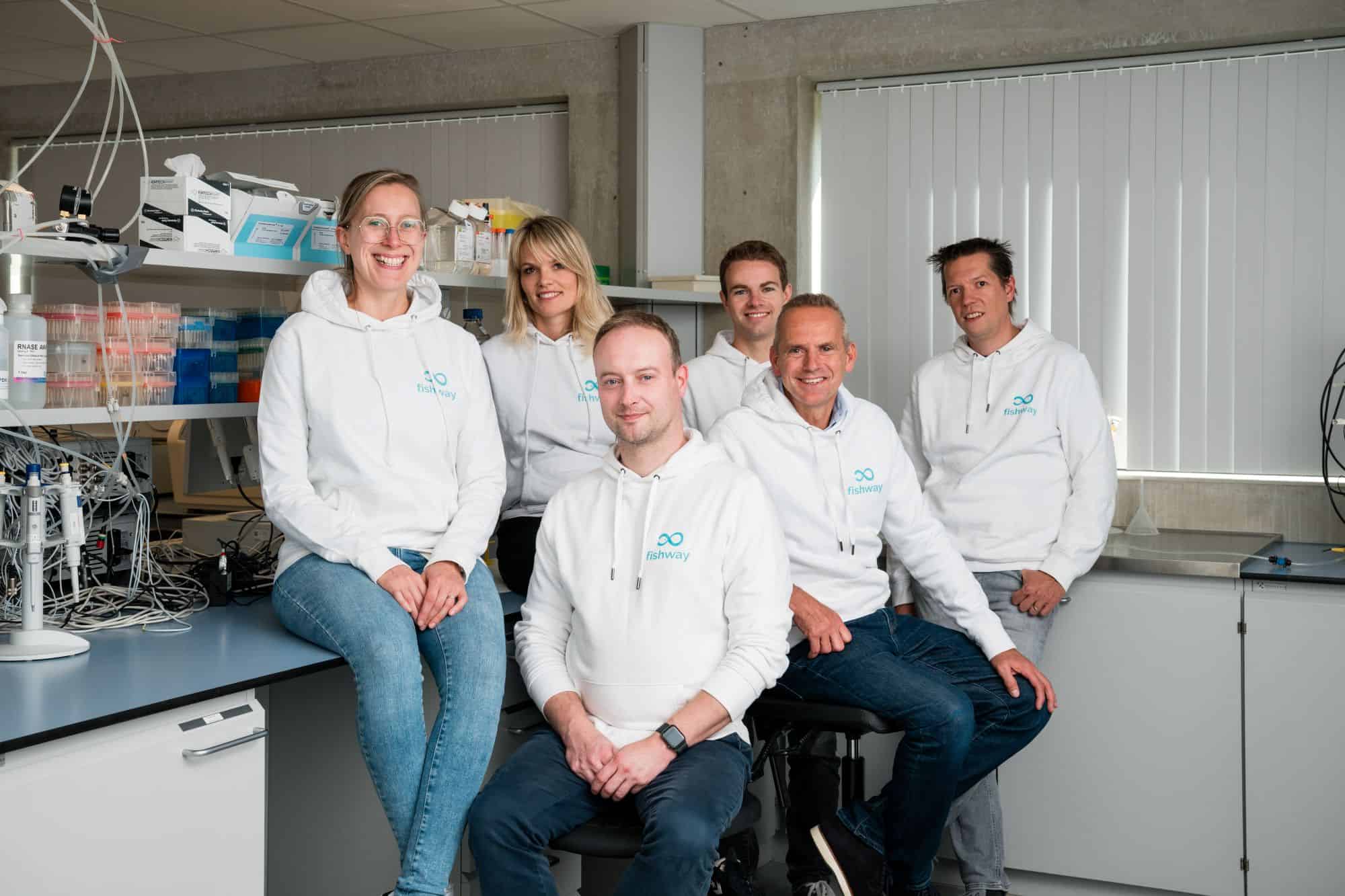Australian cultivated meat company Vow is one step closer to launching cultivated quail in its home country after the product received approval from Food Standards Australia New Zealand (FSANZ).
FSANZ completed a first round of statutory public consultation regarding the cultivated quail in February 2024, receiving 40 submissions and one late comment. After considering the feedback and reviewing the evidence, FSANZ undertook a second round of statutory public consultation between November 12 2024 and January 12 2025. The organization sought submissions on two new draft standards, one new draft schedule, and draft consequential variations to other provisions of the Australia New Zealand Food Standards Code. 22 submissions were received.
FSANZ approved the draft standards, schedule, and other variations with some amendments on March 26, before notifying the Food Ministers’ Meeting of its decision on April 7. Ministers now have 60 days to review these changes. If they accept FSANZ’s recommendations, the regulatory approval process will be completed and Vow will be able to commercialize its products in Australia and New Zealand.

Scaling up production
Vow has achieved a significant milestone in scaling its operations, completing the largest-ever cultured meat harvest in history with 650 pounds of cultivated quail produced in March 2025, according to a Vow spokesperson. The company now operates the world’s largest food-grade cell culture reactor (20,000 liters), which has enabled the production of up to 2,200 pounds of cultured quail per month.
With plans to scale production by up to 50x by year-end, Vow aims to meet growing demand, particularly in Singapore, where demand for its products has increased by over 200% month-over-month.
In a report, FSANZ concludes that Vow’s quail embryonic fibroblast cell line is genetically stable with minimal microbiological risks. The authors also find that there are no toxicological concerns related to the cell media or inputs used in the production process, while the nutrient content of the harvested cells does not raise any nutritional safety concerns. Furthermore, the report notes that the harvested cells are unlikely to pose a food allergenicity risk to the general population.

No safety concerns
The approved draft standards set out requirements for cultivated foods in Australia, including labelling requirements such as the use of the statement “cell-cultured” or “cell-cultivated” for food identification purposes. They also prohibit cultivated ingredients from being added to special-purpose foods such as infant formula or medical foods without additional pre-market assessments.
Vow already sells its cultivated quail-based products in Singapore and Hong Kong; the latter does not have a novel foods regulatory process, but used Singapore’s approval through a framework of international cooperation. Despite this success, Vow has faced financial challenges and was forced to lay off almost a third of its workforce earlier this year as it sought more funding.
“We don’t want to start looking prematurely for customers, but you should see us popping up in restaurants, hotels, farmers markets, and more once we get that final tick of approval,” Vow co-founder and CEO George Peppou told Food & Drink Business. “The approval will apply to Australia and New Zealand, but we’ll be focused on east coast Australia, especially Sydney and Melbourne, first and foremost.”




